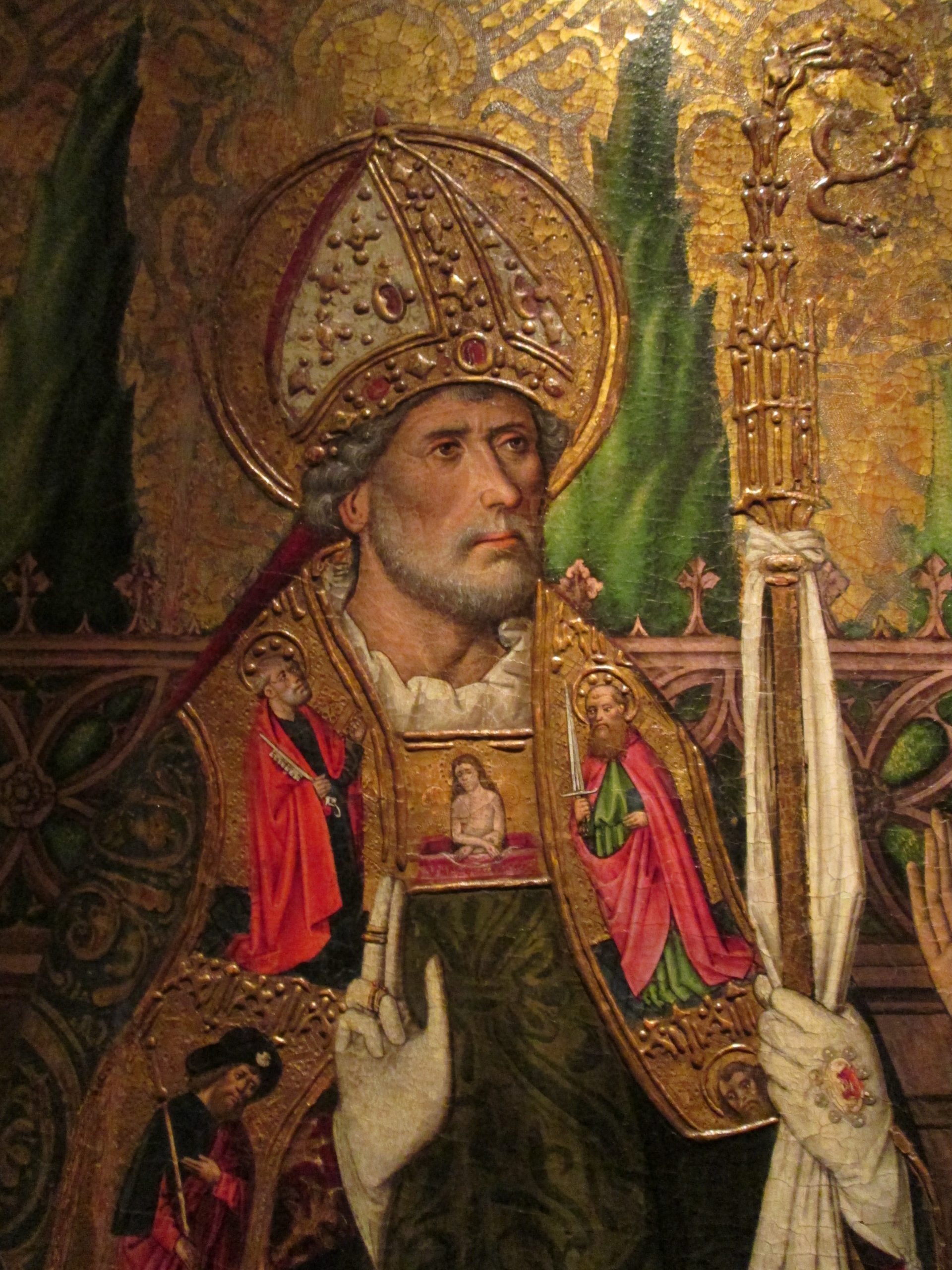Passover Eve A.D.33 A soldier talks.
It was a bloody awful day; that is, it was bloody and a day to be remembered but in remembrance more like night.
Which is not to say we didn’t do our job well-we kept our pride if nothing else, proud to be Caesar’s peacekeepers and to do what is required.
The things I’ve seen; you have to think that it’s just my job and not so bad now-not like my father’s father’s days of wading in Gaulish fields thick with Gaulish blood.
Word came that it was a political-done as a favour for some priest. It takes, they say, all sorts.
And politicals are not so bad, show trials serve a purpose what with the beating and spitting-roll up for the theatre of the damned.
Another sparrow legged hothead ridiculed and lost, for once, for words, Caesar’s cat has got his tongue.
Not like the thieves. Poor wretch to be a thief under a pitiless law. Each with a story disregarded by due process. Men like you and me. There but for the grace of God.
But I digress.
It’s a routine, choreography if you like, though never two the same.
The thorns for instance, they were new, taken from acacia thickets where you wouldn’t send a dog.
Kings with such crowns fail to see the irony.
Blinded they fall but not this man.
He was in Hell but not our Hell-more a Universe he had wrapped into himself to overwhelm. We, with our rods and mockery were just a passing thing.
Destiny,I am convinced, hung from wood that day.
We rolled dice but there was no joy in it.
Easter Day 1960
Three score years ago, when Eastertide began,
I wore my new white shirt and, joyful sang.
Lent then a memory set aside, no more kneeling quiet
On cold stone floor, and sweets restored
To the diet.
Each year the same, a week preceding of holy high emotion;
Palm Sunday’s Passion read, Good Friday’s devotion,
And familiar faces, familiar phrases and the stately rhythm
Of ecclesia in stasis
Now all is interrupted; should I mourn those days,
Those Easters past, when I imperviously praised
My risen King in hallowed sacramental story,
And would sing, supernal anthems echoing,
Thine the glory.
No, we must believe our Lord is here despite our isolation,
And venture within ourselves to hear his words of consolation
To Mary, and mind that it is to every soul he’s talking.
We’re not confined, and we will find him
In our garden, walking.
19th April 2020 Easter 2
I wandered lonely as a cloud,
That drifts along in azure air,
When all at once I saw a crowd
Of dandelions, flowering where
They’re considered plants of little worth.
An interesting flower, though,feminist,
Males having been found superfluous.
Its blooming and seeding all consist,
Parthenogenetically virtuous,
Of an altogether virgin birth.
Each dandelion fruits as a crown
Of symmetry, pure and crystalline.
Each facet light as thistledown-
Built as a clock they then combine
To scatter from a small child’s mirth.
Is it too much to suggest a parallel
With Christ new risen from the dead,
And with seeds of the hope that conquered Hell;
Not born to die but dispersed instead.
To settle on a waiting Earth.
